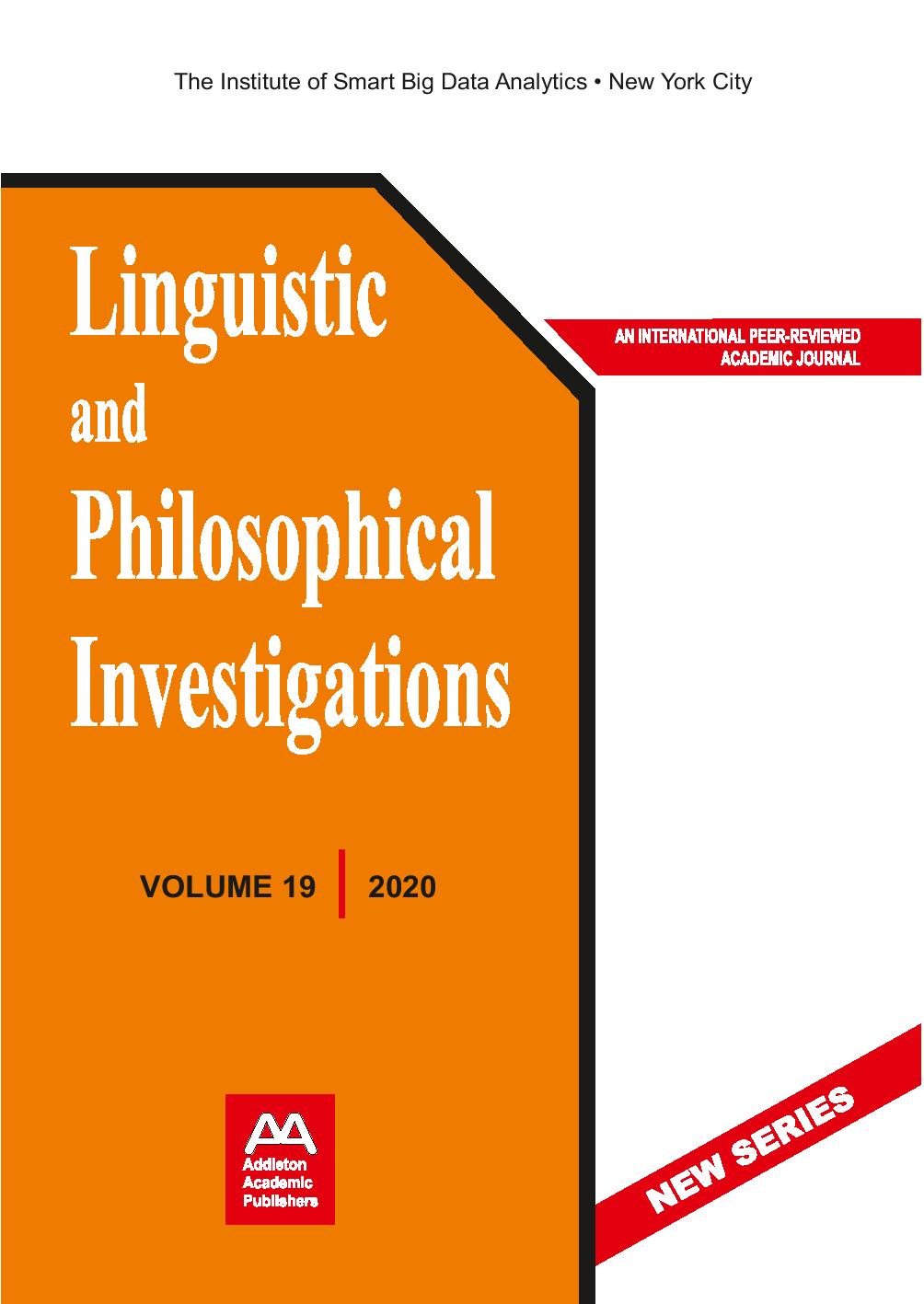CONFUSING SUBJECTIVE WITH OBJECTIVE CRITERIA OF CORRECTNESS: A PHILOSOPHICAL APPROACH TO THE “TIP-OF-THE-TONGUE” PHENOMENON
CONFUSING SUBJECTIVE WITH OBJECTIVE CRITERIA OF CORRECTNESS: A PHILOSOPHICAL APPROACH TO THE “TIP-OF-THE-TONGUE” PHENOMENON
Author(s): José María ArisoSubject(s): Aesthetics, Pragmatism, Philosophy of Language
Published by: Addleton Academic Publishers
Keywords: tip-of-the-tongue state; Wittgenstein; criterion; aesthetics; language-game; compatibilism;
Summary/Abstract: One of the most striking features of the so-called “tip-of-the-tongue” phenomenon (TOT) is that the finding of the sought-for word generates a kind of click or a feeling of fit between that word and an alleged mental mould of it. But from a philosophical standpoint, and taking as a reference Ludwig Wittgenstein’s work, I argue that such clicking does not constitute any objective criterion of correctness – or fit – because it does not make it possible to distinguish between a correct click and one that simply seems right to the individual concerned. The click is therefore a merely subjective criterion that leads to an aesthetic reaction characterized by the immediacy and absence of doubt with which the individual accepts as correct the word that satisfies her. This argument is further supported when focus shifts from subjective or spontaneous TOTs to objective TOTs that are elicited in the laboratory, since, in this case, there can be no “correct clicks” because the expression “incorrect click” makes no sense. Lastly, I analyze the extent to which the standard use of the expression that “a word is on the tip of the tongue” and its neuroscientific use could be compatible with each other.
Journal: Linguistic and Philosophical Investigations
- Issue Year: 2020
- Issue No: 19
- Page Range: 50-63
- Page Count: 14
- Language: English
- Content File-PDF

